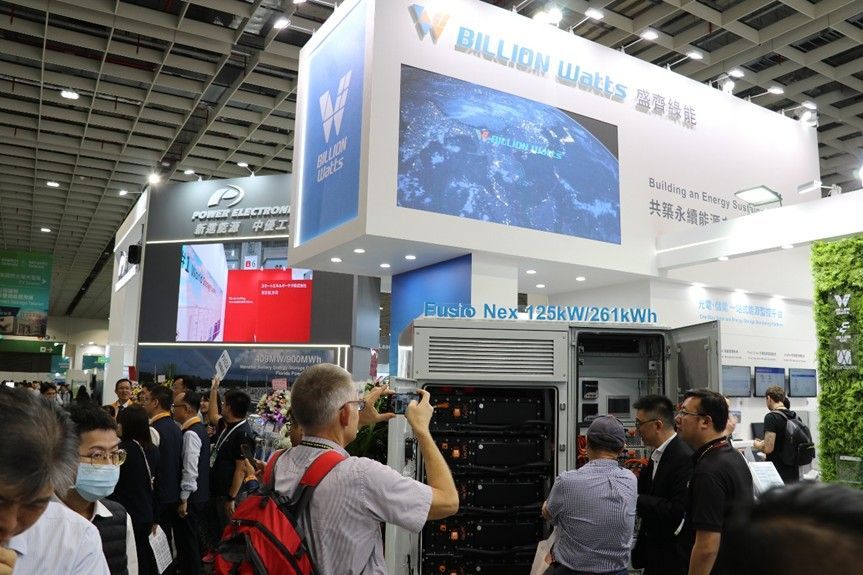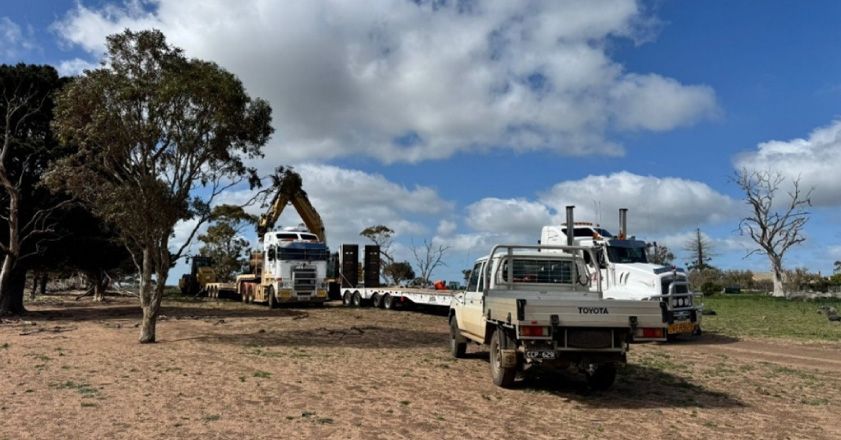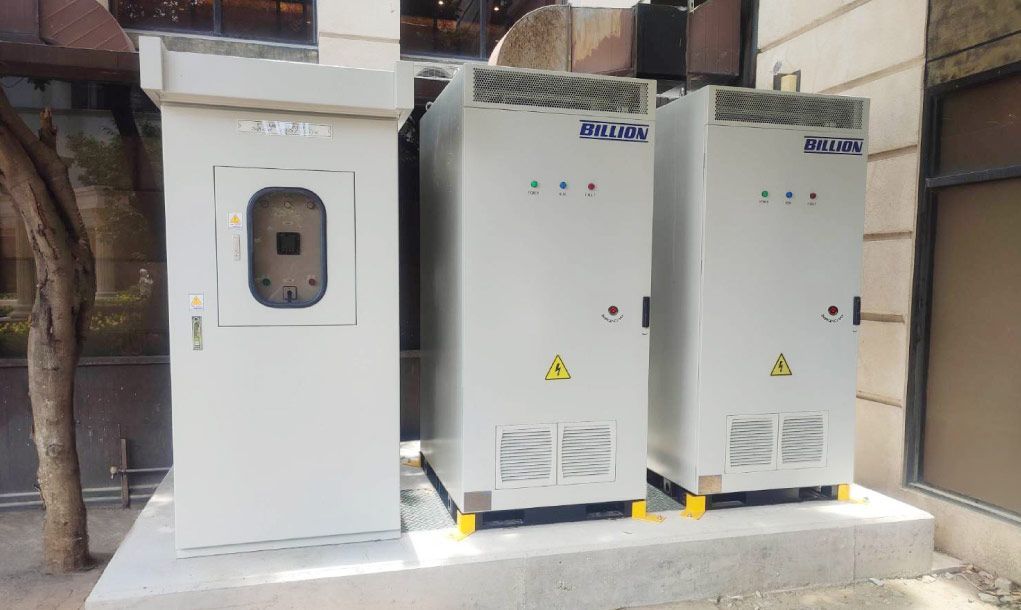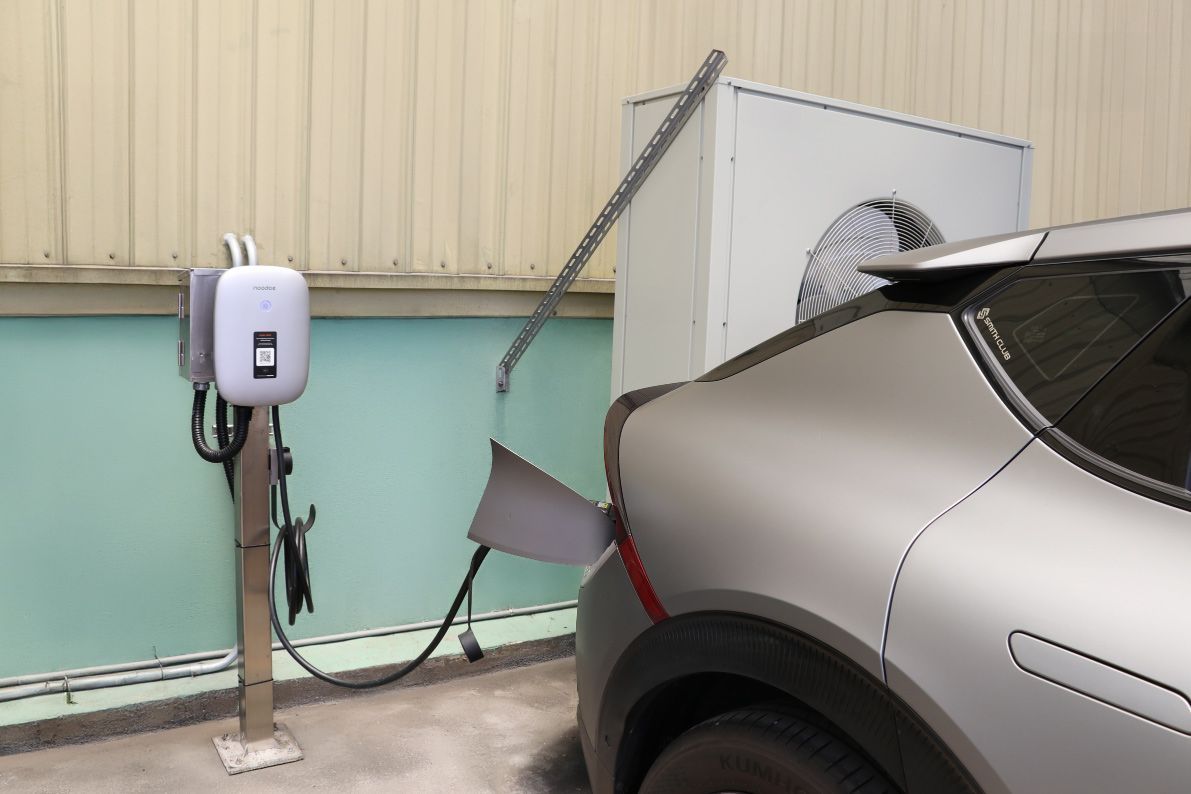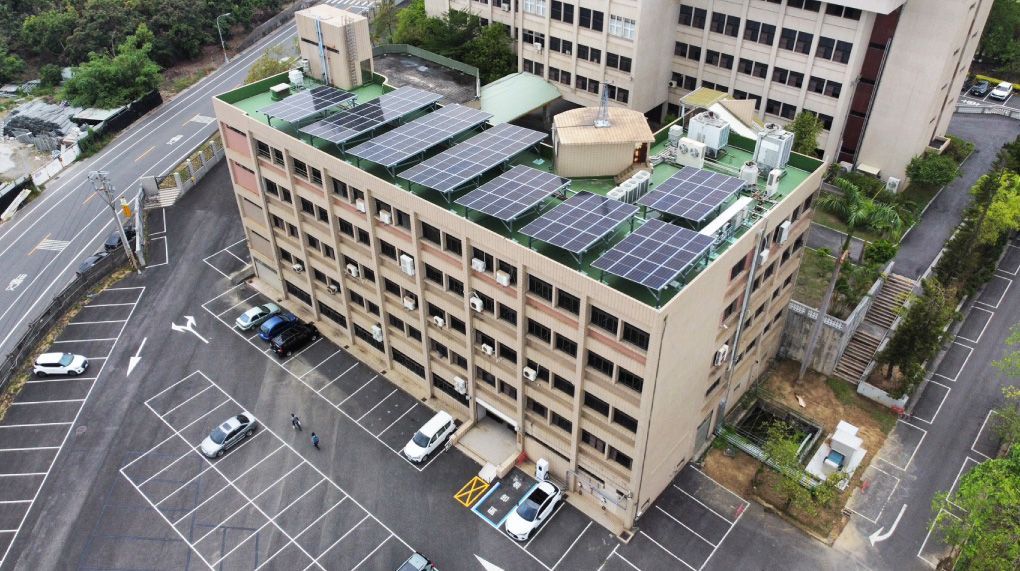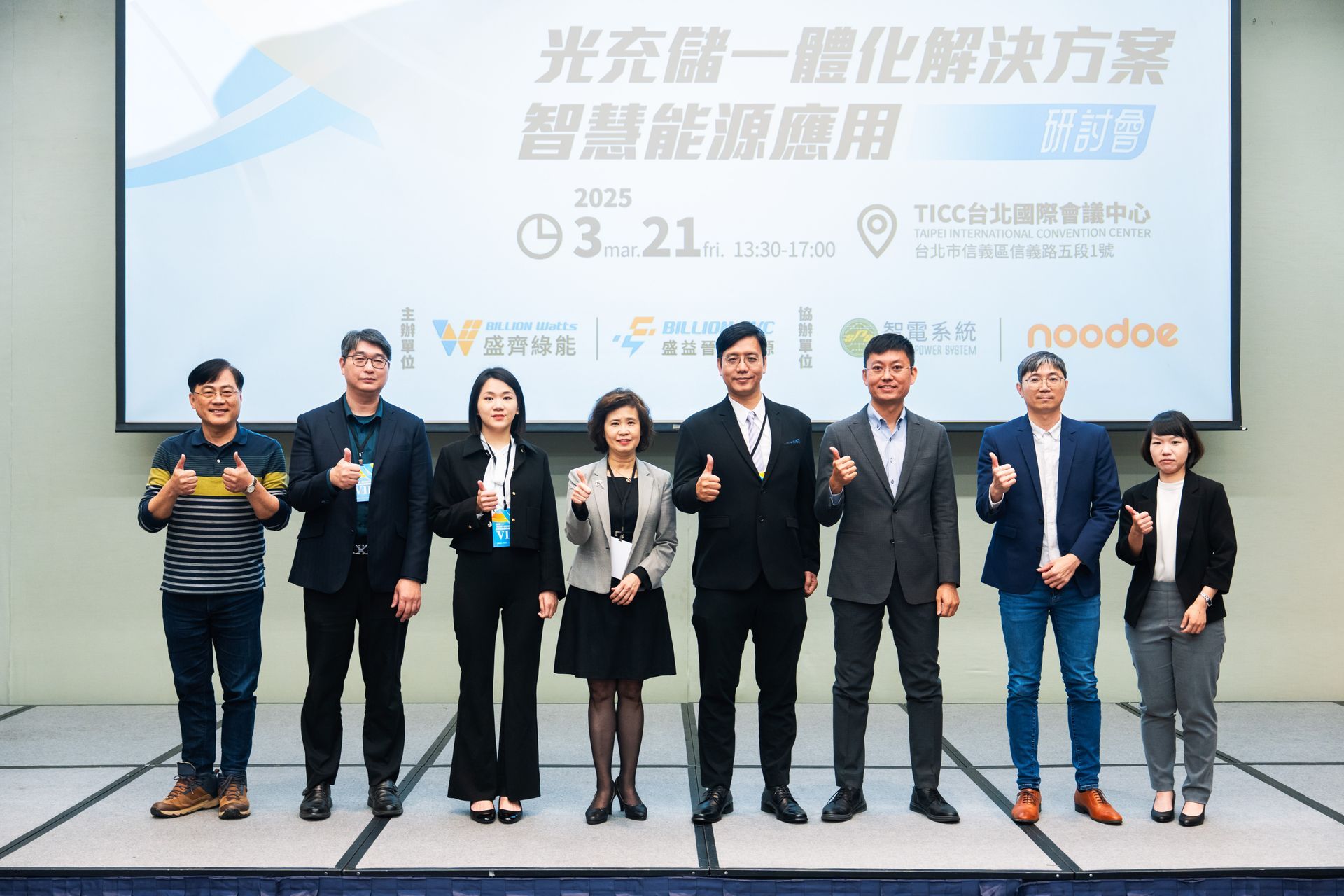Billion Electric Achieves Industry Leadership! Eastern Taiwan's Four AFC Energy Storage Projects Pass IEC/CNS 62933 Voluntary Tests in Succession
2022 Dec 21
Billion Electric’s subsidiary, Billion Watts, held an award ceremony today with Bureau Veritas at the group’s headquarters in Xindian.
Billion Electric (TW-3027) announced that four of its energy storage sites—Yilan Toucheng (2.3MW), Longde (2.3MW), Liz (2.5MW), and Taitung (1.4MW)—have recently passed the on-site IEC/CNS 62933-5-2 testing. A certification ceremony was held today by Billion Watts and Bureau Veritas, the global leader in testing and inspection, with the official testing reports set to be issued on December 2. The certification, conducted by Bureau Veritas, validates the key components and battery management system of the energy storage units, making Billion Electric the private AFC energy storage provider in Taiwan with the highest number of energy storage sites certified in a single round under IEC/CNS 62933-5-2 standards. The validation process fully met the safety requirements for grid-connected energy storage systems as mandated by international certification authorities.
The Bureau of Standards, Metrology and Inspection (BSMI) of the Ministry of Economic Affairs, referencing the international standard IEC/CNS 62933-5-2, officially announced the voluntary certification system and technical specifications for "Outdoor Battery Energy Storage System (BESS) Sites" on November 14, 2022. This initiative aims to support Taiwan’s vision of achieving 20% renewable energy. The integration of substantial intermittent power sources into the grid significantly increases the risk of grid instability, making energy storage systems an indispensable intermediary. The IEC 62933 standard encompasses every stage from design, factory shipment, transportation, on-site assembly, test operation, maintenance, and decommissioning, focusing on preventing disasters through rigorous risk assessment. Detailed testing requirements are outlined for type tests and on-site tests to ensure comprehensive safety from initial design through final on-site assembly.
Billion Watts further emphasized that energy storage sites must utilize equipment that meets the IEC/CNS 62933-5-2 technical specifications, including single cells, battery systems, Battery Management Systems (BMS), Power Conversion Systems (PCS), and external enclosure materials. In addition to meeting safety standards, the review scope includes site location, site inspection, and Site Acceptance Testing (SAT). Following the announcement of on-site test requirements, operating sites must complete on-site testing within six months, while sites under construction must submit reports before joining the electricity trading platform. Sites that have obtained initial review comments by November 14 but have yet to begin construction must pass both design and site inspections before proceeding. Sites using non-compliant energy storage products or working with system integrators lacking on-site testing experience face risks of being excluded from the electricity trading platform. Therefore, the government and enterprises must strictly monitor the quality of energy storage equipment, fire safety, system integrators, and sites to strengthen the safety and operational reliability of domestic energy storage facilities.
Paolo Ingarao, General Manager of the Technology Product Business Group for Bureau Veritas (BV) Taiwan Consumer Products Division, expressed his appreciation for Billion Electric’s recognition of BV. He also commended the Billion team for overcoming challenges related to the site environment and weather variations that increased the complexity of testing. Through seamless communication and cooperation, they successfully completed four consecutive IEC 62933-5-2 SAT tests. This accomplishment marks a significant milestone, demonstrating BV’s commitment to excellence in client service. Paolo Ingarao further emphasized that BV integrates sustainability across its strategy, organization, and operations to support global energy conservation and carbon reduction goals. With its accumulated project experience and extensive expertise in energy storage system certification, BV is confident in its ability to manage the risk controls unique to each energy storage project.



